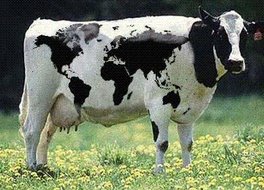He had become convinced of the duty of sympathizing with the lower orders ever since he made a serious study of the Epistle of St James; but he perceived clearly that the lower orders fell into two classes, that it was necessary to distinguish between them. There were the 'good poor' -- and there were the others. 'I am glad that you have mad acquaintance with some of the good poor . . . I quite agree with you that it is most instructive to visit them.' -- Lytton Strachey, of Dr. ArnoldWho are the 'good poor'? Do they exist? Is it, in fact, necessary to distinguish between two classes of lower orders?
This is a common fallacy, but it is less often openly admitted these days. People will say that it is wrong to blame the poor for their situation, then proceed to blame "the others" for theirs: 'oh, but some people don't want to be helped' or 'well, I'm not saying they're beyond redemption, but I don't know what more I can do.' This bothers me; not that we are responsible for helping every hungry person we ever meet, but we can't start by assuming that some of them don't deserve our help.
The sociology of hunger leads to people looking the other way, actively ignoring, the problem unless they hear a heart-tugging story. Face it: not every hungry person is entirely innocent of any wrongdoing, not every starving mother is a saint in persecution. If we deny aid (not actively, of course not, but maybe that proposal doesn't get funded or that organization doesn't get donations) because of the past of the people who need it, we are playing God with our finances and resources. Maybe the first lesson of working in hunger is the humility to say, honestly, that it could be you.
This isn't actually what I was planning on writing for this issue, but I guess I have 34 more posts to remember my original point.

1 comment:
Often we donate to causes because we tell ourselves that there is a real difference between us and them. We are allowed to feel superior - a nobless oblige (you know I don't spell well). If we truly believed that it could just as well be us, I think that the fear that thought invoked might just freeze us into inaction.
Post a Comment